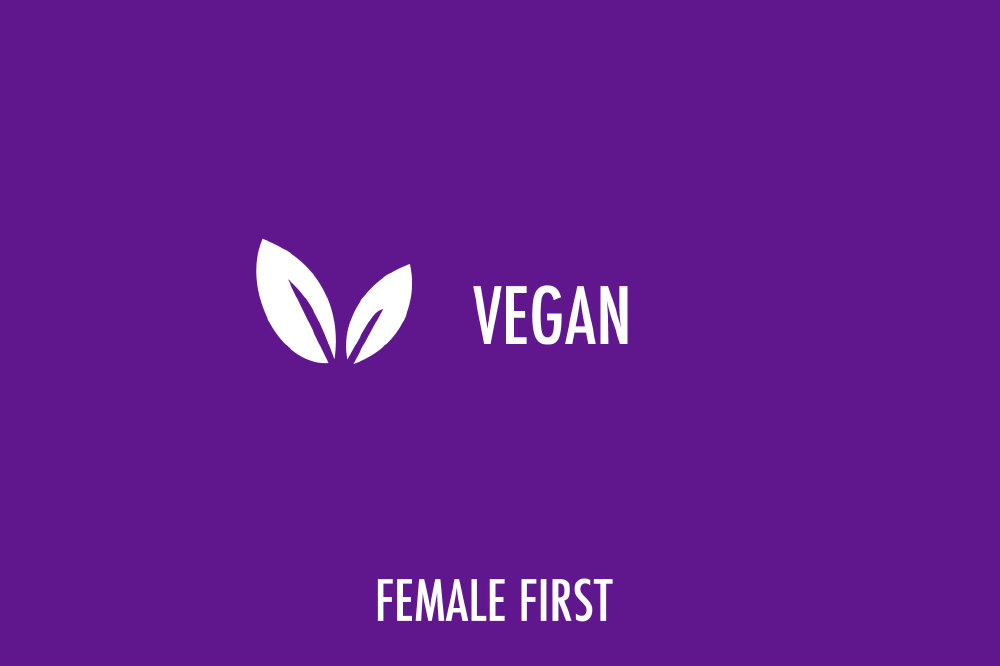Cherry Woods, luxury facialist at the Cherry Woods Skin Clinic in Richmond. www.cherrywoodsclinic.com

Vegan on Female First
Vegans often find it tricky to be 100% confident that their skincare products contain NO animal derived or animal by-products, as at least small traces are found in thousands of technical and patented names for ingredients, which often made up of multiple sub-listed ingredients.
It's especially difficult because often an ingredient listed under the same name could be of animal, vegetable, or synthetic origin, so you really need to know the full breakdown of trace ingredients in order to be sure you are using vegan skincare. You can often find these online, but if you're unsure then don't be afraid to request them from the brand in question.
Once you have a list of trace ingredients, here are five of the most common ones you may want to double check the origin of, as while each can be derived from plants, they are frequently obtained as a by-product from animals.
Albumen: Found in eggs, milk, muscles, blood, and many vegetable tissues and fluids. In cosmetics, albumen is usually derived from egg whites and used as a coagulating agent.
Allantoin: This is uric acid found in cows and most mammals, as well as many plants. In the beauty industry it's often used in creams and lotions designed to heal or reduce irritation.
Alpha-Hydroxy Acids: A really popular ingredient nowadays, used in a huge number skincare products. Most typically found in exfoliant and anti-wrinkle products, AHAs such as lactic acid may be animal derived.
Amino Acids: The building blocks of protein in all animals and plants, these are found in vitamins supplements and skincare products. In products designed to be applied to the skin, they act as water-binding agents and sometimes have antioxidant, wound healing properties.
Fatty Acids: There's a long list of these, including Stearic Acid, Lauric Acid, Myristic Acid, Oleic Acid and Palmitic Acid. All are produced from natural fats and oils, and often added to soaps, cosmetics and even food products.Most of them can be obtained from plants but they are frequently obtained as a by-product from a slaughterhouse using animal fat.
If in doubt, keep an eye out for products with 'Vegan' or the 'V' mark clearly written on packaging. You may also wish to look for the 'Cruelty-free' statement on cosmetics packaging too. Finally, if you are visiting a facialist and are keen to have vegan skincare treatment, it's best to call ahead to ensure this is possible. If not, you may wish to search for a clinic that uses vegan only skincare products.
Tagged in Vegan

